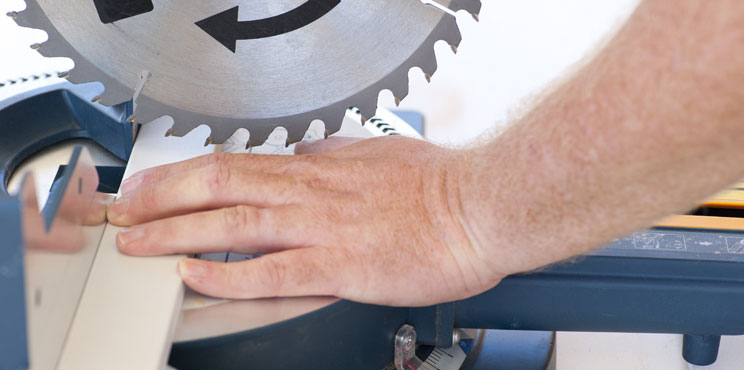In our practice we have seen situations where employees have done things that were unsafe and been injured.
Somebody doesn’t use the recommended safety procedures for climbing a ladder, for example, or neglects to put his or her safety equipment on for a few minutes and that’s the one time that it was` needed.
Tragic.
But if this is you, you need to know that a mistake like that doesn’t automatically disqualify you from pursuing a workers’ compensation claim.
Workers’ Comp System Set Up to Be No-Fault
This is because the workers’ compensation system in New Jersey is no-fault, similar to its auto insurance system. As long as your employer has current worker’s comp coverage, if you get hurt, nobody will investigate whose fault it was. Usually.
This system is designed to keep the majority of cases out of court and reduce legal costs that would be necessary if blame had to be proven every time.
Here’s where it can get tricky though.
The insurance company will not want to pay the claim and its lawyers may argue that you were violating employee safety rules when you were injured. Typically, it is a problem when you have shown a pattern of disregarding those procedures, after being warned by your employer. Not so much when it’s a one-time occurrence.
The insurer’s lawyer may also say that the accident happened because you were incapacitated by alcohol or drug use.
Finally, if you were engaging in horseplay on the job, for instance, playing a prank on a co-worker, or running on a job site, those circumstances can affect your claim.
All of these can change how the courts view your claim. How can that happen, if nobody was to blame?
Breaking Workplace Rules Can Damage Your Eligibility

If you are violating your employer’s rules, that introduces a complication into your workers’ comp claim.
But don’t necessarily give up on your claim. You may still be eligible. These cases are not simple and often are overturned by higher courts, because the facts or the issues are frequently disputed. Judges often disagree on how to interpret the laws, and every state is different.